Israeli Prime Minister Benjamin Netanyahu’s ruling coalition is on the verge of collapse after two ultra-Orthodox parties quit the government this week over the military draft, exposing deep fractures within the embattled administration as pressure mounts to end the war in Gaza.
On Tuesday, Agudat Yisrael, a faction holding three seats in the 120-member Knesset, announced its withdrawal from the coalition. The move came just a day after Degel HaTorah, with four seats, also pulled out, citing Netanyahu’s failure to pass legislation that would exempt Haredi, or ultra-Orthodox, Jewish men from compulsory military service.
Together, both factions form the United Torah Judaism (UTJ) bloc, which held seven of the coalition’s 68 seats. Their departure leaves Netanyahu with the minimum 61-seat majority needed to govern — a razor-thin margin that could disintegrate if one more party bolts.
The withdrawals mark a serious blow to Netanyahu, who has long relied on ultra-Orthodox parties to prop up his coalitions. Now, his grip on power appears more fragile than ever. The crisis further complicates cease-fire negotiations with Hamas, as Netanyahu is increasingly beholden to far-right coalition partners, staunchly opposed to ending the attacks on Gaza.
Israeli Channel 12 reported that the Shas Party — another ultra-Orthodox faction with 11 seats — also intends to withdraw from the coalition by Thursday. Such a move would strip Netanyahu of his parliamentary majority and likely trigger early elections.
The political turmoil stems from a longstanding exemption that allows thousands of Haredi men to avoid military service in favor of religious study — a privilege that secular Israelis have increasingly denounced as discriminatory, especially amid a war.
A recent Israeli court ruling found the exemption unconstitutional, ordering the government to begin enlisting ultra-Orthodox men unless new legislation is passed. However, far-right lawmakers within the coalition oppose any such exemptions, creating a legislative impasse and fueling the exodus of religious parties.
The ultra-Orthodox community, which makes up about 13% of Israel’s population, argues that Torah study is a sacred duty and that forced enlistment would threaten their religious and cultural identity. Yet the broader public increasingly views the arrangement as unjust.
Public broadcaster KAN reported that the ultra-Orthodox parties issued sweeping demands, including the cancellation of thousands of draft orders and increased funding for their institutions. So far, Netanyahu has failed to meet their terms, prompting their exit.
Despite the upheaval, Netanyahu’s government is not expected to collapse immediately. Due to procedural rules, the opposition cannot introduce a motion to dissolve parliament until the end of the year. With the summer recess approaching, Netanyahu may attempt to broker a compromise to prevent further defections.
Still, the crisis puts Netanyahu in an impossible position: If he yields to ultra-Orthodox demands, he risks losing his far-right partners. If he resists, the Haredi parties are unlikely to return.
The impact on cease-fire talks with Hamas is also significant. Far-right ministers are adamant that the war must continue until Hamas is destroyed. Any concessions in negotiations — particularly a permanent cease-fire or hostage release — could provoke further departures from the coalition.
Netanyahu may seek to appease hard-liners by agreeing to a limited, 60-day truce, while reassuring them that the war will resume afterward. But his room to maneuver is narrowing amid growing international pressure — particularly from the United States — to halt the attatcks and prioritize the release of hostages.
Analysts say Netanyahu may try to use the temporary cease-fire to shift public attention away from the draft crisis and the war. Instead, he could focus on diplomatic initiatives, such as expanding normalization agreements with Arab and Muslim nations, in a bid to boost his standing ahead of potential early elections.

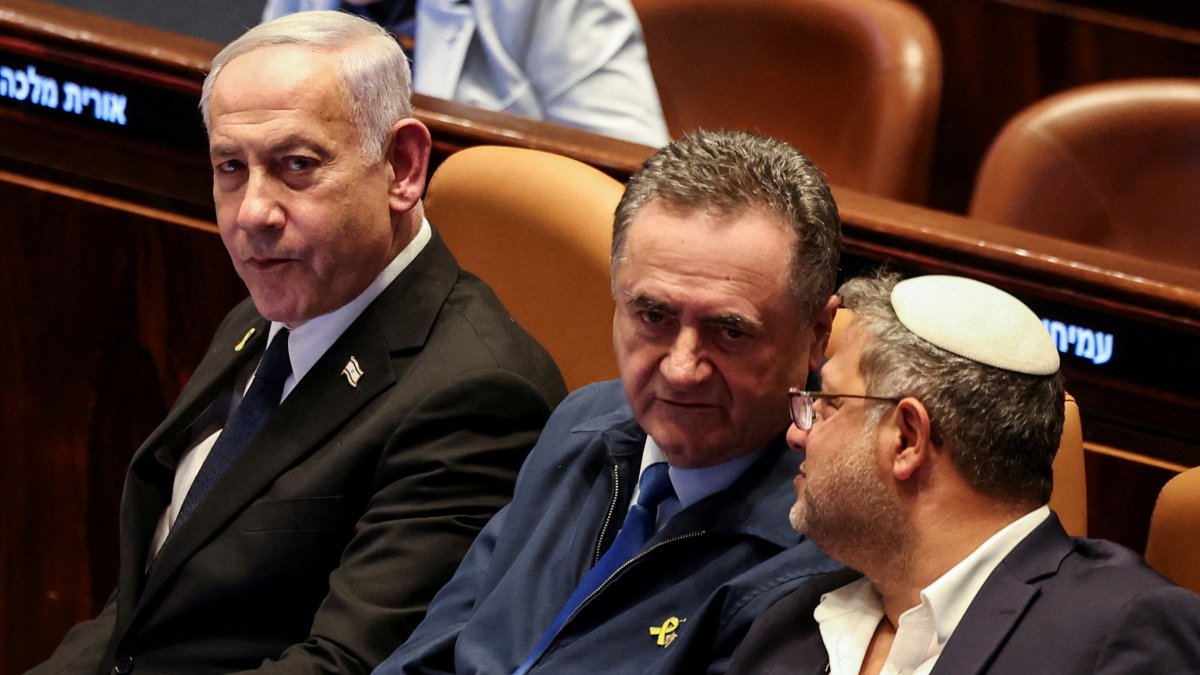



















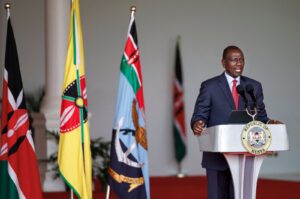













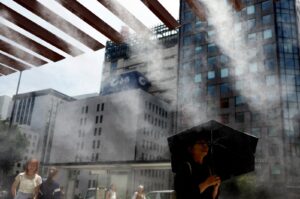





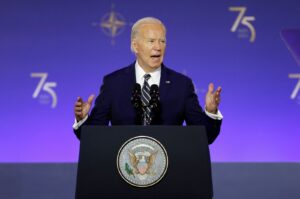

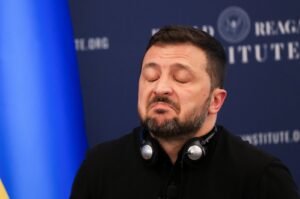








Be First to Comment